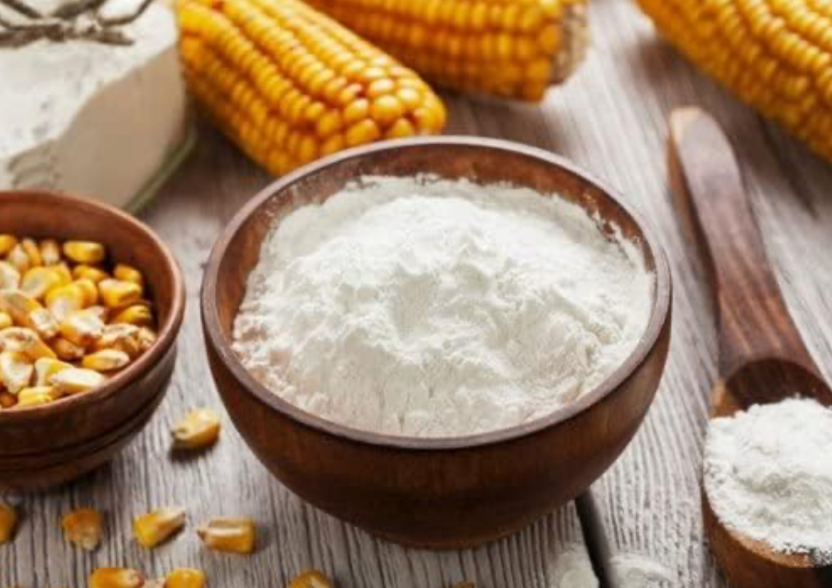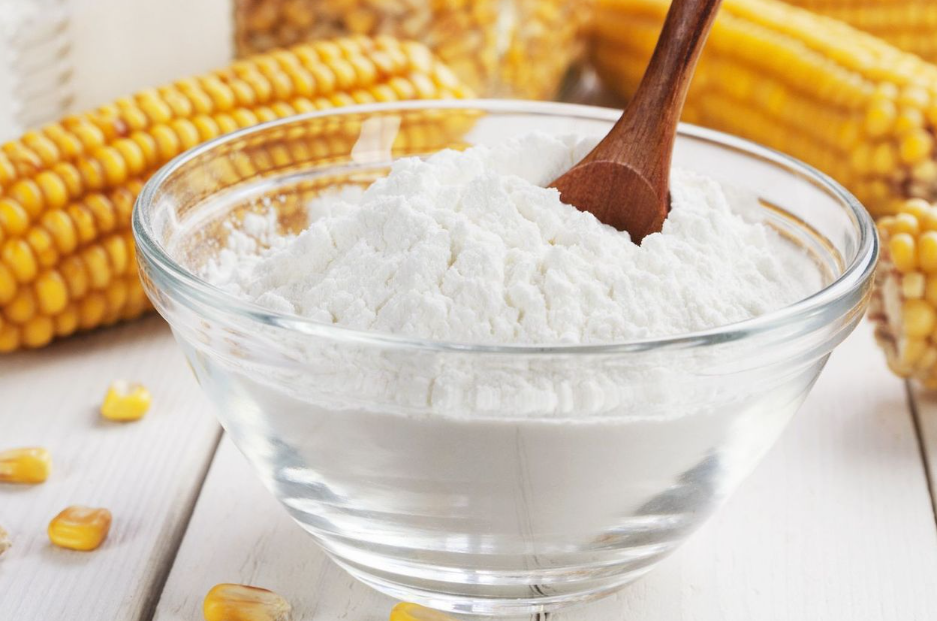
Introduction Maizena Corn :
One of the most widely used ingredients in cooking, baking, and even the pharmaceutical and cosmetic industries is maize corn starch, which is also known as corn flour in many regions. Made from the endosperm of corn kernels, Maizena is a fine white powder that has multiple uses, including thickening sauces, soups, and gravies, and as a key ingredient in gluten-free products. In this article, we will explore everything you need to know about Maizena, from its ingredients and benefits to its side effects, daily recommended dose, and more.
For further health-related resources, check out our Medical Zoon website.
What is Maizena Corn Starch?
Maizena is a brand of corn starch that is produced from the starchy part of the corn kernel known as the endosperm. Corn starch itself is a carbohydrate derived from the processed starch of corn and is commonly used as a thickening agent in many culinary recipes. The powdery substance is neutral in flavor, which makes it ideal for use in a variety of recipes, whether savory or sweet.
Ingredients of Maizena Corn Starch
The primary ingredient of Maizena corn starch is corn, specifically the starchy part of the kernel. When refined, the starch is separated from the fiber and other components of the corn to yield the fine powder that we know as corn starch. There are no added preservatives or artificial ingredients, making it a clean and simple product for both cooking and non-food applications.
Some of the typical components in Maizena corn starch include:
1. Corn Starch (Main Ingredient): This is the key component responsible for the powder’s ability to thicken liquids. It is mainly composed of carbohydrates.
2 . Water: In its dry form, Maizena contains only trace amounts of water, as it is in powder form.
3 .Trace Amounts of Other Nutrients: Maizena does not contain significant amounts of vitamins, minerals, or proteins. It is primarily a source of starch.
Benefits of Maizena Corn Starch
Maizena has several benefits, both in the kitchen and for your health. Here’s a breakdown of the top benefits of this commonly used ingredient:
1. Thickening Agent for Cooking: Maizena is best known for its ability to thicken sauces, soups, puddings, and gravies. When mixed with water and heat, it forms a gel-like consistency that is perfect for thickening liquids without altering the flavor.
2 . Gluten-Free: Maizena is a popular ingredient in gluten-free recipes because it contains no wheat or gluten. It’s commonly used in the preparation of gluten-free bread, cakes, and pastries.3.Digestive 3.Health: Some people use Maizena as a soothing agent for the stomach. When mixed with water, it can provide temporary relief for digestive issues like heartburn or acid reflux. However, it should be consumed in moderation.
4. Low in Fat and Calories: Maizena is naturally low in fat and calories, making it a great ingredient for those on calorie-restricted diets.
5.Skin Care: Maizena has been used in beauty treatments for a long time, especially to calm irritated skin. When applied topically, it can help absorb excess oil and reduce shine. Additionally, it is sometimes used as a base in homemade face masks.
6. Non-Allergenic: Maizena is considered non-allergenic for most people, making it a safe choice for people who are sensitive to wheat or gluten. This is in contrast to some other thickening agents, such as wheat-based starches.

Side Effects of Maizena Corn Starch
While Maizena is generally considered safe for most people, there are a few potential side effects to be aware of:
1 . High in Carbohydrates: Maizena is a starch, which means it is high in carbohydrates. It may have a negative impact on blood sugar levels and contribute to weight gain, particularly in people with diabetes or insulin resistance who consume it in large quantities.
2.Digestive Issues: In rare cases, consuming excessive amounts of corn starch can cause bloating, gas, or an upset stomach. It’s important to consume Maizena in moderation.
3. Not a Significant Source of Nutrients: While it’s often used in food preparation, Maizena doesn’t provide significant amounts of vitamins, minerals, or other essential nutrients. Therefore, it should not be relied on as a primary source of nutrition.
4. Increased Risk of Weight Gain: As a carbohydrate-heavy product, using Maizena excessively in your meals could contribute to unwanted weight gain if not balanced with a healthy diet.
Daily Recommended Dose of Maizena Corn Starch
There is no official daily recommended dose for Maizena corn starch because it is typically used in small amounts as a thickening agent in cooking. However, it is important to use it in moderation as part of a balanced diet.
When using Maizena in cooking, most recipes call for about 1 to 2 tablespoons of cornstarch for thickening purposes. If you are using it for medicinal or digestive purposes, such as to soothe an upset stomach, it is best to consult with a healthcare professional to determine the appropriate amount.
Note: Maizena should not be consumed in large quantities regularly as it is not a significant source of vitamins and minerals. Overconsumption could lead to a diet that is overly reliant on carbohydrates and lacking in essential nutrients.
How Much Maizena Do You Need?
The amount of Maizena you need depends on what you are using it for. Here are some general guidelines:
1. Thickening Liquids: For each cup of liquid, about 1 to 2 tablespoons of Maizena are typically enough to achieve the desired thickness. This ratio may vary depending on how thick or thin you want the final result to be.
2. Gluten-Free Baking: If you are using Maizena in baking as a substitute for flour, it is typically used in combination with other gluten-free flour, such as rice flour or potato flour. In most gluten-free recipes, one cup of Maizena can substitute for one cup of all-purpose flour, but for the best results, stick to a specific gluten-free recipe.
3. Skin Care: When used topically for skin care, Maizena is often mixed with water to form a paste. A small amount—usually 1 to 2 tablespoons—is enough for a single application.
Age Limit for Maizena Corn Starch
Maizena is generally safe for individuals of all ages. However, for children and infants, it is important to exercise caution. Always consult with a healthcare professional before introducing any new food, especially for babies under 6 months old, as their digestive systems are more sensitive.
For children and adults, the recommended use is typically in moderate amounts as part of meals or in recipes.

Where to Buy Maizena Corn Starch
Maizena corn starch is widely available in grocery stores and online. Here are a few reliable sources to purchase Maizena:
These platforms offer competitive prices and may include bulk buying options for those who frequently use Maizena.
Conclusion
Corn starch from Maizena is a versatile ingredient that can be used to thicken sauces, soothe skin, and assist in gluten-free baking. It offers various health benefits but should be consumed in moderation, as excessive consumption could lead to digestive issues and contribute to weight gain. Understanding how much Maizena to use and being mindful of its potential side effects will ensure that you can incorporate it into your diet and skincare routine safely and effectively.
For more information on health and wellness, visit our Medical Zoon website.
Related Links:
Gluten-Free Diet Benefits
How to Manage Diabetes Naturally
The Best Home Remedies for Stomach Pain
You will be able to make an informed decision regarding how to best incorporate Maizena corn starch into your lifestyle if you are aware of its uses, benefits, and potential negative effects.
